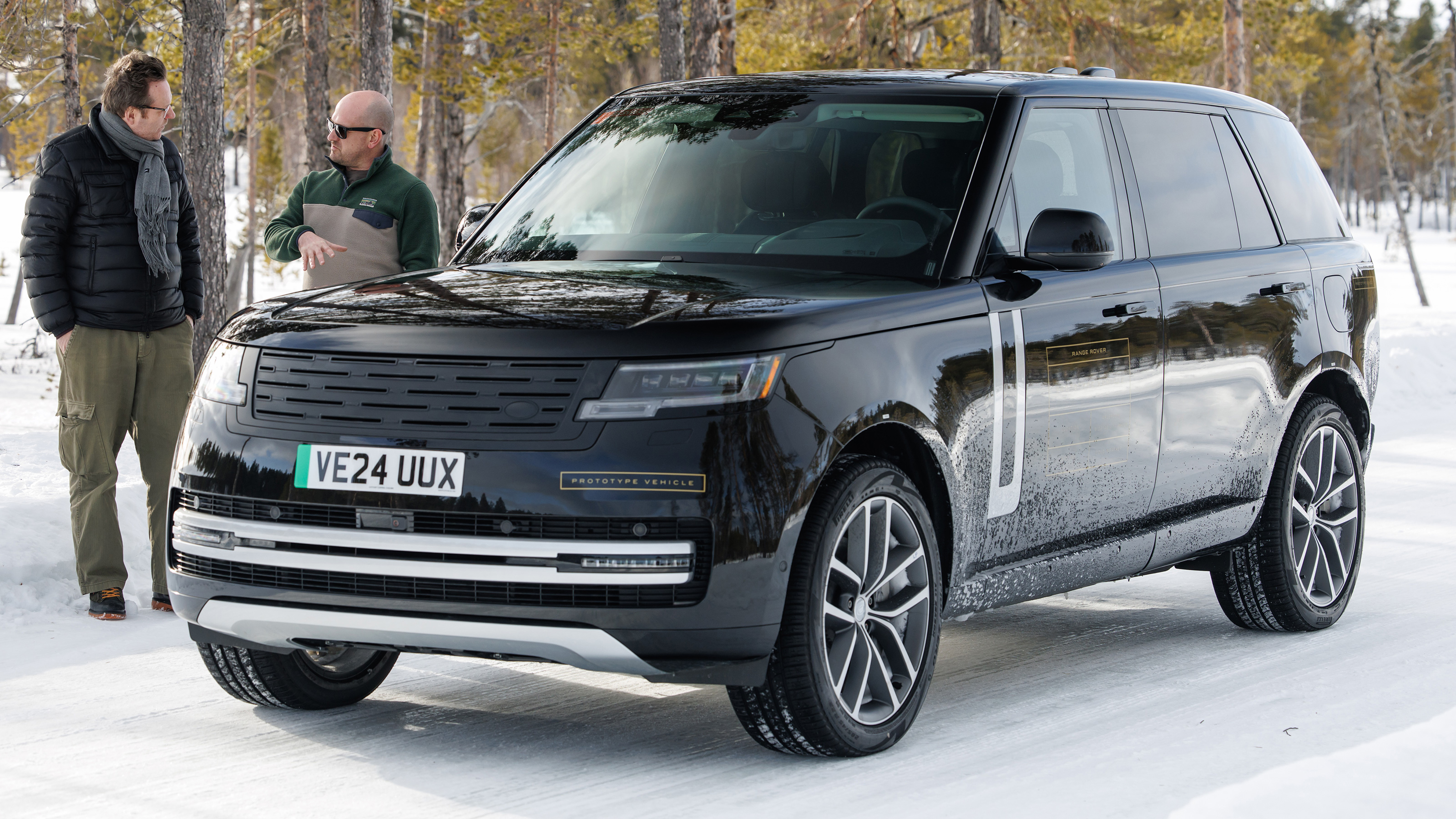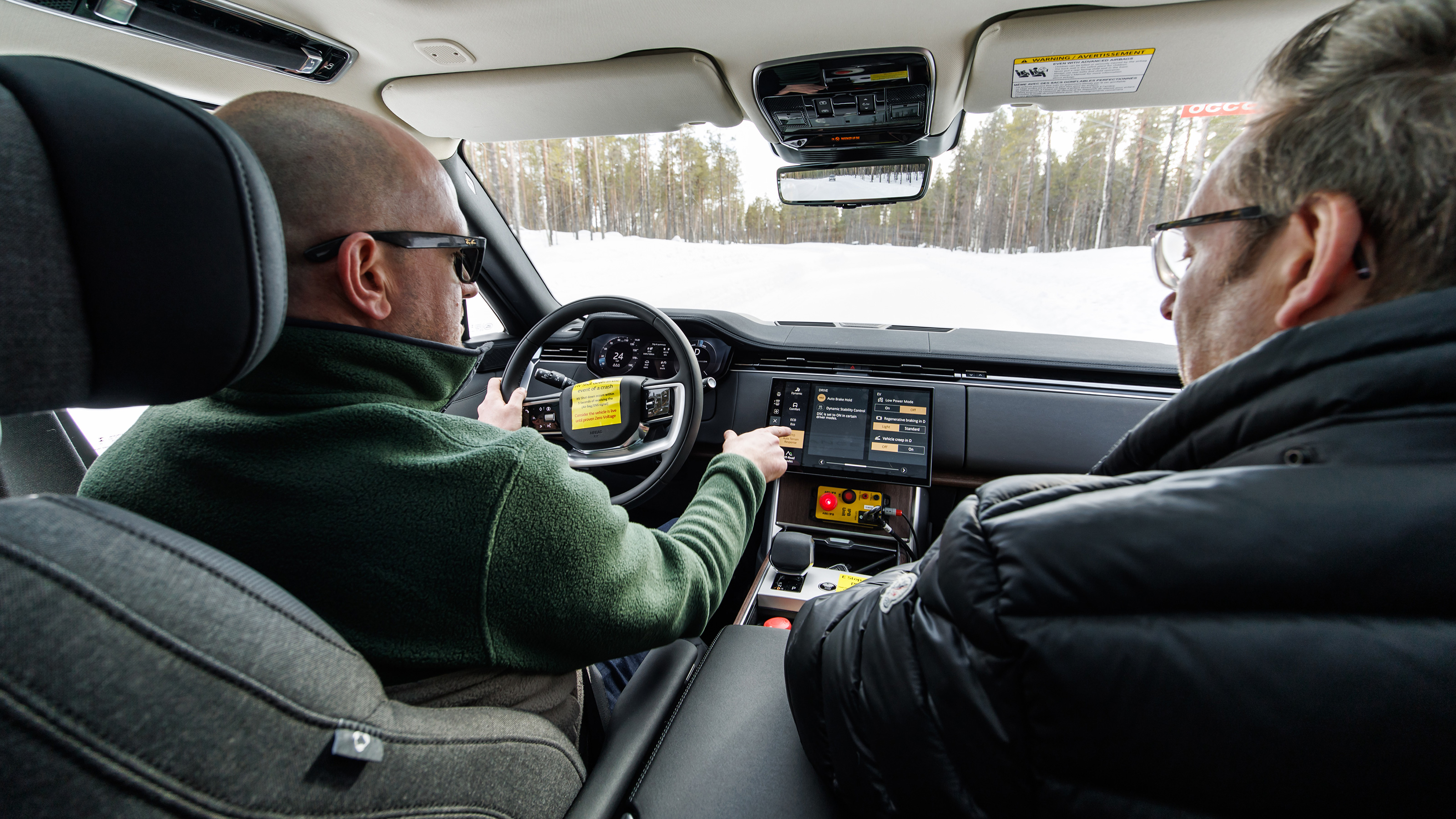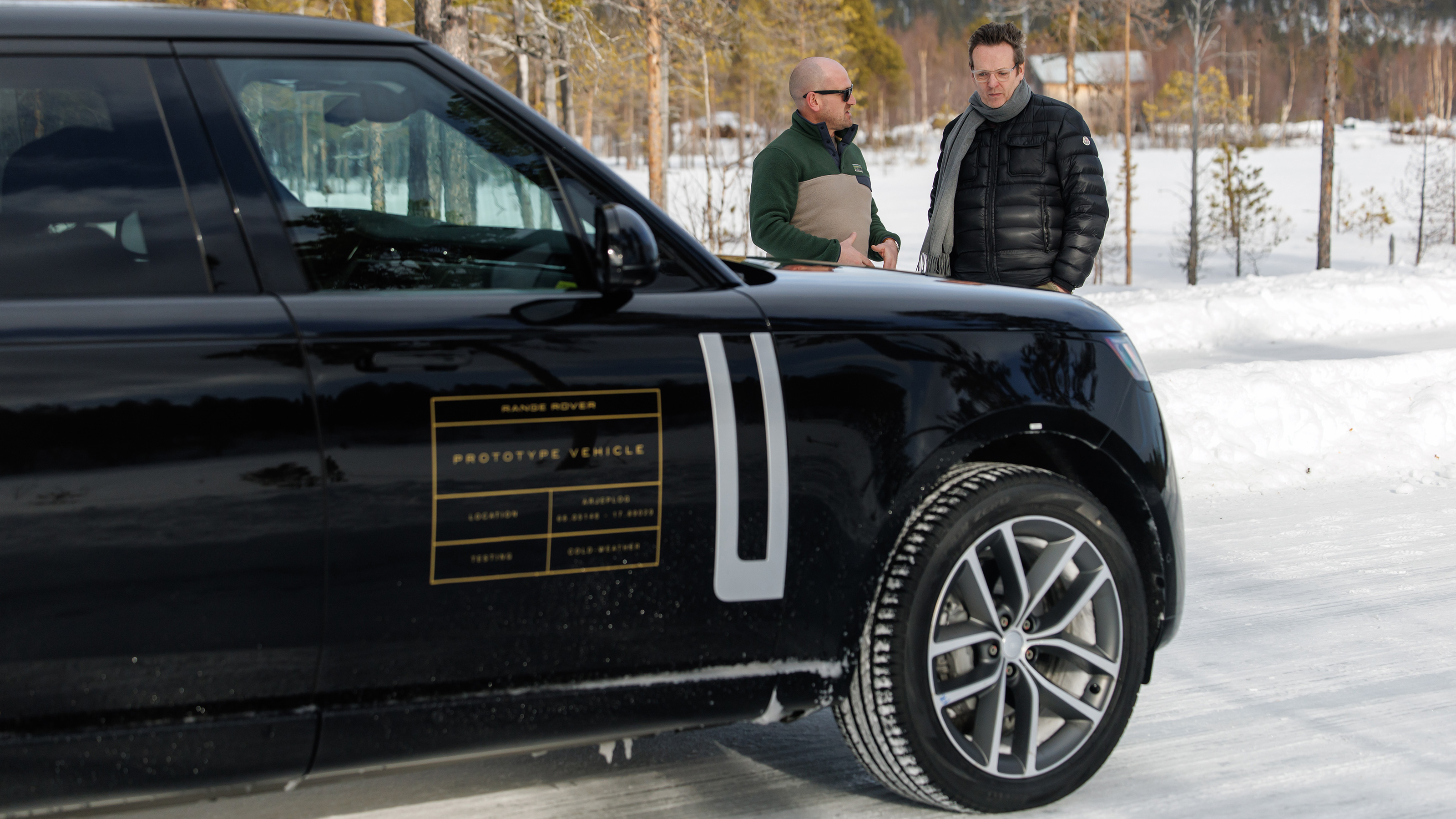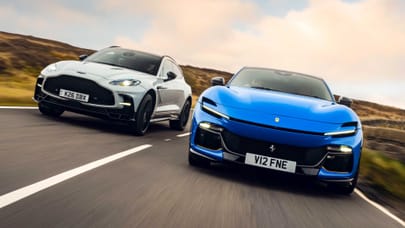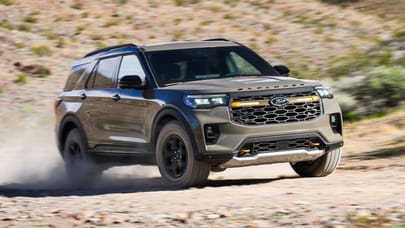
Range Rover Electric: "it's important to understand what it *shouldn't* be"
JLR's product engineering boss talks TG through designing one of the most anticipated EVs of the year
Thomas Müller remembers when he was tasked with developing adaptive cruise control at his former employer. “It was the smallest team at the time and the one that nobody cared about. At some point over the years, it became one of the most important, especially when Elon [Musk] appeared and started talking about ‘autopilot’. I said to my guys, 'I think it’s moving fast now'.”
Müller ended up as vice president for R&D at the Volkswagen Group’s controversial software subsidiary, Cariad. ADAS and autonomous functionality were top of the priority list, but he’s got his eyes on a different prize at JLR, where he’s been executive director for product engineering since 2022. “The biggest challenge we face is that you can’t do everything. It’s unaffordable and it’s wrong,” he tells TopGear.com. “The question is, what exactly should you focus on? Then you try to be the best.”
The electric Range Rover is in the final sign-off phase, signalling an ostensibly radical shift for what is one of the car industry’s most prized – and profitable – assets. Not that you can tell by looking at it. Jaguar might have gone to def con two on its design philosophy, but don’t expect electrified Land Rovers to follow suit.
“There’s a consistent strategy. Range Rover isn’t just a vehicle, it’s also a brand,” Müller says. “Defender is in that space, too: the way it looks, how you sit in it, how it drives. When you spend so many years really defining a product, you wouldn’t make the next generation completely different.”
TopGear.com: Were you ever concerned that the Range Rover BEV looks so similar to the ICE car?
Thomas Müller: The first time I went into the design studio to see it, I said, “it’s the same thing”. The guys said, “yes, it’s a Range Rover". People love this car, so why would we make it different? It’s difficult to make something better that’s already timeless. The Porsche 911 is another example.
It’s also not absolutely gadget-laden…
It’s not about the next generation of adaptive cruise control, it’s about how we integrate it with camera ultrasonics, how we start building more intelligent features. The focus is on what really matters and then doing it right. That’s an important strategic discussion. Our products are timeless. We don’t want to change everything.
Do you see the BEV becoming the main focus?
It’s important to remain flexible in terms of powertrain. For example, Dubai isn’t going to go electric in the next few years. Some territories will be faster adopters than others. Brazil is another interesting example [where Müller was born – he holds dual German and Brazilian citizenship]. A lot of people are getting into BEVs in the cities, but there’s such a big distance between them that it’s going to take time for the infrastructure to catch up.
The Range Rover remains a unique proposition. How difficult is it to preserve that, especially as it becomes an electric vehicle?
Our cars have a specific feel. We’re not going to copy anyone, or do everything that you can possibly do. We’re going to remain precise and true to the genetics of a Range Rover. The car will have a soul. It’s not a car that’s extremely direct or responsive. I wouldn’t say it’s disconnected; I’d say there’s a luxurious level of isolation.
That’s deliberate and the Range Rover-ness is quite special. It’s in everything, including the steering, the seats, how you sit in them, the pedal feel and the calibration of the controls.
In many key respects, electrification feels like a natural fit for the Range Rover.
There’s something about electric propulsion and luxury that fits extremely well in my head. I’d never thought about that before driving the electric Range Rover. And I should add that I’m a huge fan of V8s - I bought a Jaguar F-Type R75 and I’m currently running an F-Pace SVR. I love them both. But then you jump into the Range Rover electric.
Top Gear
Newsletter
Thank you for subscribing to our newsletter. Look out for your regular round-up of news, reviews and offers in your inbox.
Get all the latest news, reviews and exclusives, direct to your inbox.
You know how it is driving on a surface like ice in a combustion car. The wheels spin, then you have oversteer and a brake intervention, you get strange noises as the systems go to work. On this car you use the torque distribution and vectoring and it’s so quiet and so precise. And in the luxury space this level of isolation for the customer is really special.
Is this the first truly software-defined Range Rover?
From a chassis and propulsion perspective, the hardware enables much more software. You can do much more than you would with a traditional combustion engine. But the software can’t fix the hardware if it’s not good enough. The basic set-up needs to be right. A software-defined vehicle has greater bandwidth and can do more, but there’s also more room to improve over time, too. In terms of chassis, propulsion and in the digital space.
But we’re not going to copy the Chinese manufacturers, it’s not just about adding more features. We have intense discussions about what a Range Rover should look like and how it should be. It’s equally important to understand what it shouldn’t be. You need to work out what you want to be and then be the very best at it.
Trending this week
- 2026 TopGear.com Awards
"Engineering at the cutting edge": why the Ferrari F80 is our hypercar of the year




